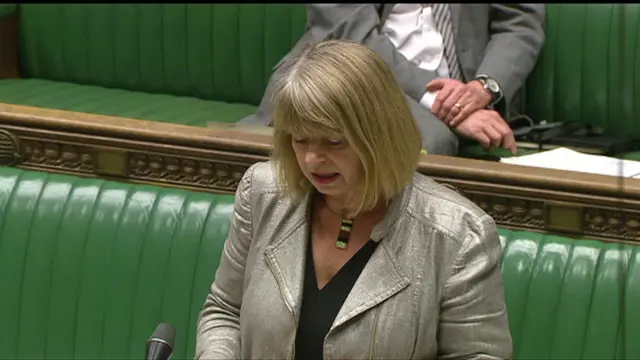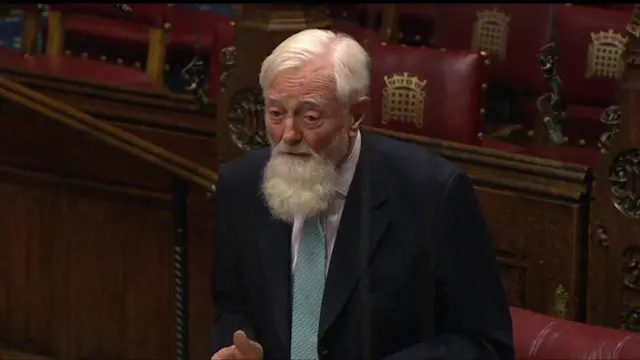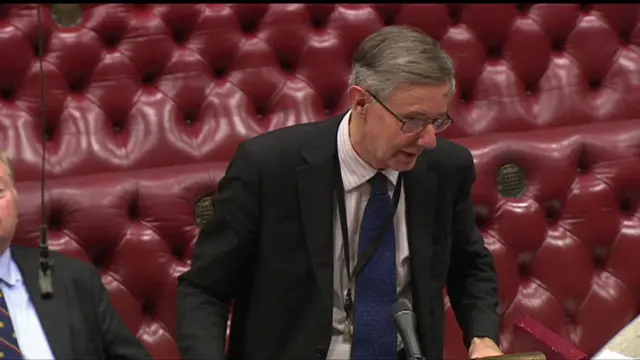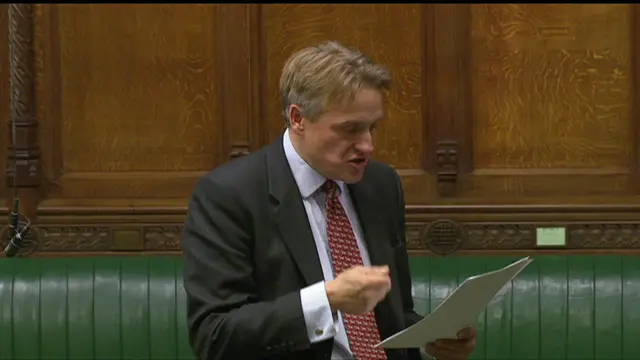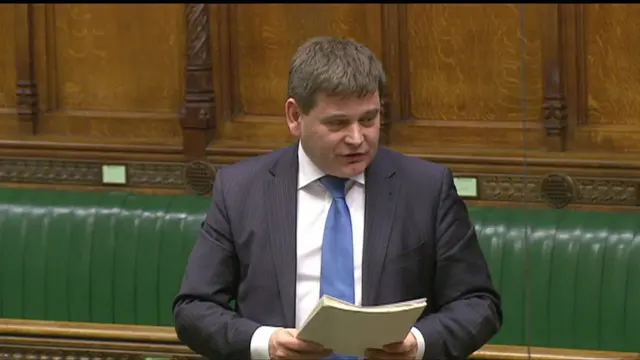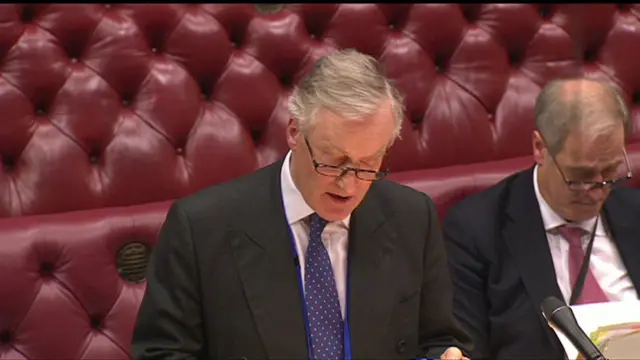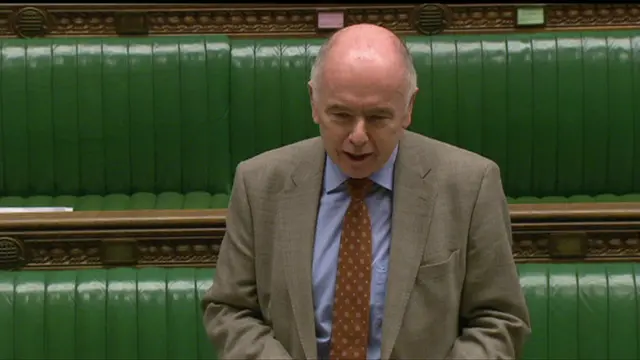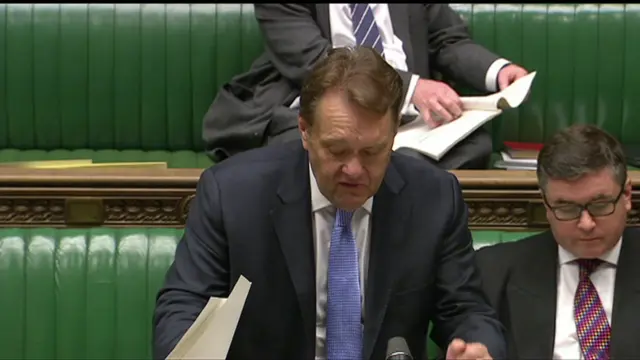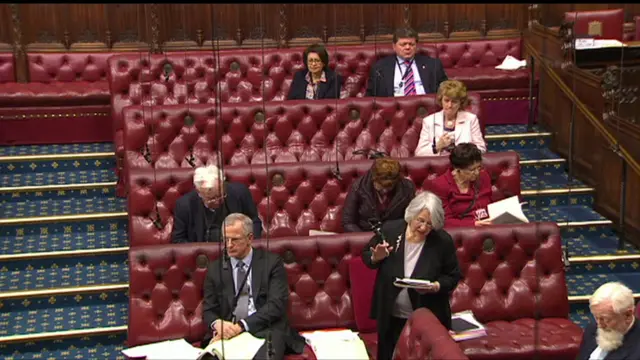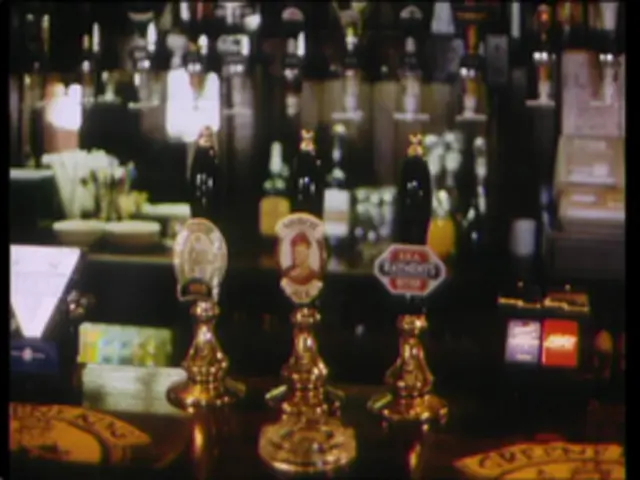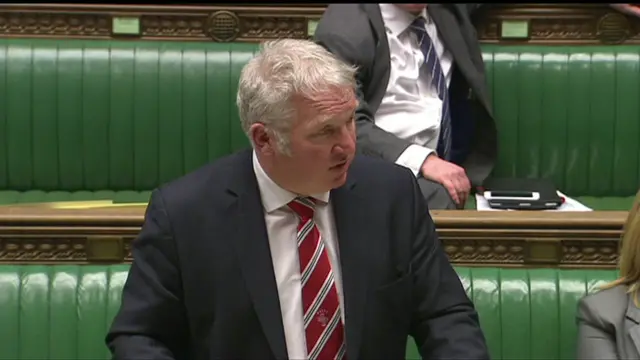Laws should not stop MPs having bank accountspublished at 18:47
Adjournment Debate
 House of Commons
House of Commons
Parliament
Economic Secretary to the Treasury Harriet Baldwin says she's "very grateful" to Charles Walker for putting a series of stories on the record that she will be able to use when talking with banks about the issue.
She says the UK's money laundering rules are designed to fight corruption, illegal activity and financing of terror groups.
Current laws require that banks carry out checks on politicians, she says, and it is important to do so because of the scale of political corruption elsewhere in the world.
But she says the rules should not stop MPs from "gaining or maintaining" a UK bank account, and that the government is working with the banks to make sure they can do so.
